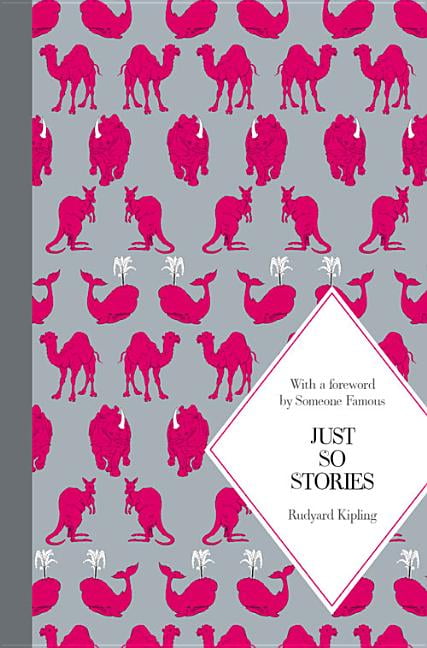

Rather than providing an actual mechanism for the evolution of morality, the evolutionist offers a benefit of evolution, and then assumes his job is done.īut this misses the point.

But this possible explanation fails to explain how morality evolved in the first place. If a group of human beings, for instance, lacked any moral compass, they would arguably be less likely to survive than a tribe committed to courage, honesty, and chastity. Now, morality certainly could, at least in principle, provide an evolutionary advantage to a particular species. A belief that there is a real right and wrong helps species survive and flourish. Society would crumble if there were no moral code. After all, if we didn’t have principles such as faithfulness, promise keeping, and honesty, we couldn’t function as a society. As it is often claimed, morality is a tool for survival. On a more serious (and common) note, many Darwinists aim to provide an evolutionary explanation for morality. But that is a story for another time).įor instance, evolution has been used to explain why men (allegedly) prefer blondes to brunettes, why humans like to burn their mouths with hot chilies, and the origin of religion. Essentially, to save the Darwinian paradigm, Darwinists sometimes come up with logically possible, but evidentially unsubstantiated stories to account for some recalcitrant feature in the natural world (yes, Christian apologists can sometimes be accused of doing the same thing to explain apparent contradictions in the Bible. It was during this study that I began to understand the concept of a “just-so” story, and it has stuck with me ever since. Garry Deweese, had me read books on both sides of the debate, including Darwin’s Dangerous Idea by Daniel Dennett and The Blind Watchmaker by Richard Dawkins. During my graduate philosophy work at Talbot, I took an independent study on Darwinism and intelligent design.


 0 kommentar(er)
0 kommentar(er)
